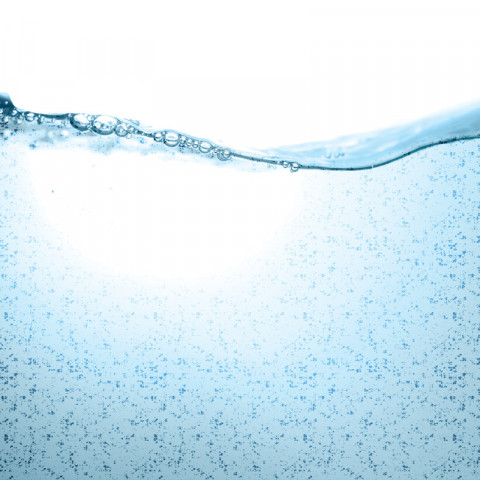A dangerous illness
The residents of Karachi need to ensure that their drinking water is from a clean source

Ten people have died in Karachi since May 2014. There are a handful of cases nationally most years but now a spike has appeared, and it is difficult not to associate this with deficiencies in the chlorination of potable water in the city. There were 3,141 water samples taken in different parts of the city of which 561 were shown to be chlorine-deficient, or around 16 per cent of the total, a worryingly high figure. Chlorine is the globally used deterrent for NF. Some 30 per cent of the water in the city is inadequately chlorinated. It is true as pointed out by a chief chemist of the Karachi Water and Sewerage Board, that too much chlorine in the water is itself harmful, but this fails to address the point. The potable water system in the city is ancient, badly maintained and underfunded. Contamination with sewage is not unknown. Until the matter is resolved the residents of Karachi need to ensure that their drinking water is from a clean source and preferably boiled for a minimum of one minute. Prevention is better than cure — especially when there is no cure.
Published in The Express Tribune, September 22nd, 2014.
Like Opinion & Editorial on Facebook, follow @ETOpEd on Twitter to receive all updates on all our daily pieces.



















COMMENTS
Comments are moderated and generally will be posted if they are on-topic and not abusive.
For more information, please see our Comments FAQ